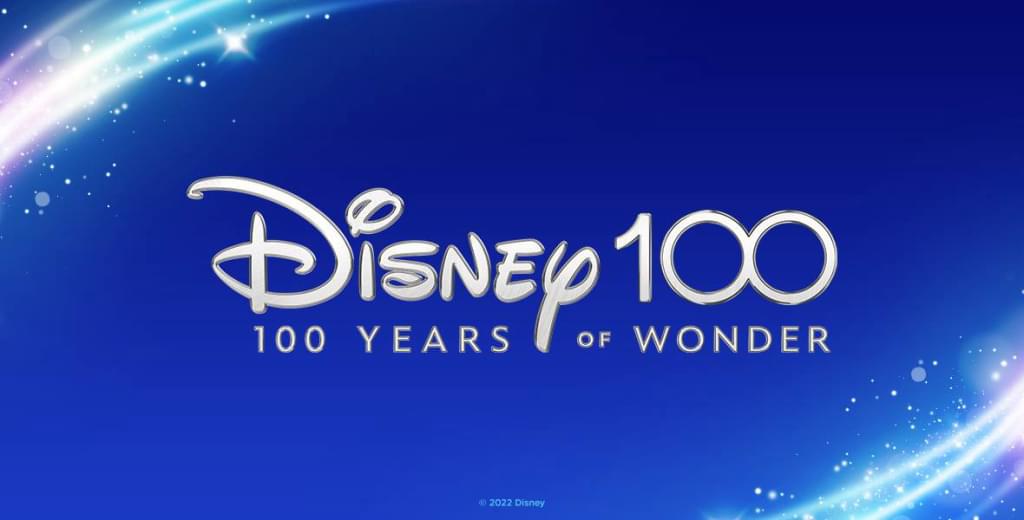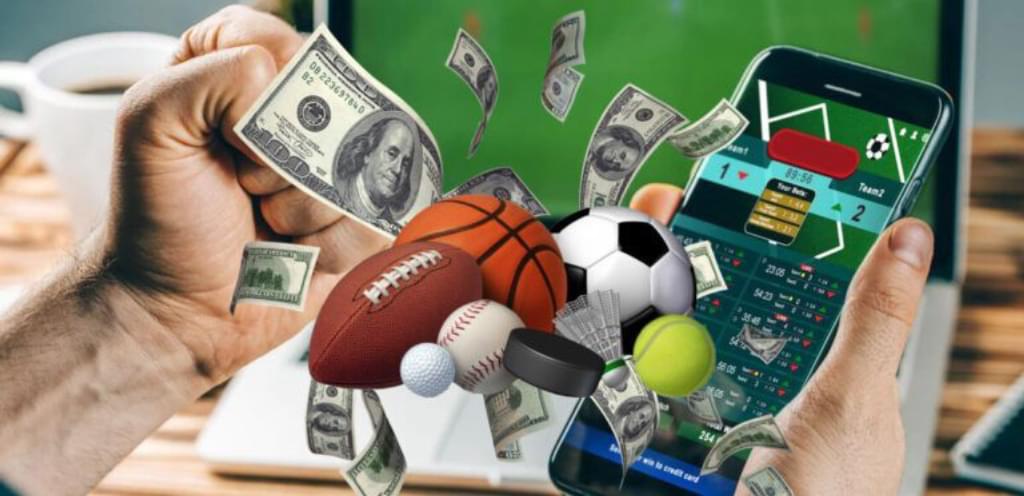The Walt Disney Corporation aims to compete with leading American bookmakers like FanDuel, DraftKings, and BetMGM, targeting the most promising and profitable market in the world.
Disney, which celebrated its 100th anniversary in October, has for many years been striving to find a replacement for the stable revenue stream once provided by cable operator fees. According to experts, the agreement with ESPN Bet will be a significant investment boost for the studio.

The Deal of the Century
This deal is often referred to as "made in heaven." It combines everything: Disney's influence and global fame, the significant contribution of ESPN, possibly the most reliable sports brand in America, which promotes the app on its numerous online and offline platforms, plus the digital experience of Penn Entertainment.
The market's reaction to the deal was a roughly 10% increase in Penn's stock prices. DraftKings shares fell by about 9%. Shares of Irish company Flutter Entertainment, which owns FanDuel, dropped 6.1% in London. Investors believe that this agreement is beneficial for Penn, potentially allowing it to recapture market share from larger competitors and representing a constructive risk-reward ratio.
Giants of Sports Betting
ESPN, the leading sports media brand in the U.S., is launching ESPN Bet this week in 17 states, a joint venture with PennBet valued at $1.5 billion USD. And PennBet, recently renamed, is an online bookmaking company managed by Penn Entertainment.
Their competitors, gambling companies FanDuel, DraftKings, and BetMGM (a joint venture of MGM Resorts International and Entain), focus on fantasy sports and online betting. All these bookmakers have invested billions of dollars to create prominent names for themselves amid fierce competition for the new lucrative sports betting market.
According to the latest financial reports for the third quarter, all three companies are now close to achieving long-awaited sustainable profitability.

Boom of Sports Betting in the USA
Since the U.S. Supreme Court in 2018 overturned PASPA – the Professional and Amateur Sports Protection Act, which previously declared these bets illegal in most states – there has been a boom in sports betting.
Sports betting is now legal in 40 out of 50 U.S. states (as well as in the key Canadian province of Ontario). California and Texas remain opponents.
Statistics show that today, one in every five Americans places sports bets. Since the repeal of PASPA, the legal revenue from sports betting has amounted to about $220 billion USD (approximately £177.16 billion GBP).
Just last month in the state of New York, where eight leading bookmakers compete, the monthly betting volume exceeded previous figures by $2 billion USD (about £1.61 billion GBP).

The Evolution of ESPN Bet: Back and Forth
ESPN Bet represents a rebranding of Penn's Barstool bookmaker.
Barstool Sports founder David Portnoy sold his company for $550 million USD (approximately £442.9 million GBP) to Penn Entertainment. In August of this year, he repurchased it for $1, thus regaining his status as a shareholder of the company.
All these buy-and-sell maneuvers caused the expected "stir" about the launch of the old-new app. Penn Entertainment's management expects that this strategic alliance will contribute to the further expansion of the digital ecosystem and stimulate re-engagement with millions of customers, leading to cross-selling opportunities.
For its part, ESPN described Penn Entertainment's entry into the sports betting arena as a "natural evolution."
Initially, the Penn-ESPN Bet brand will exist for ten years, with the option to extend for another ten years if all goes well.
As Mike Morrison, ESPN's Vice President of Sports Betting and Fantasy, explains, "We started looking into the sports betting sphere in 2018, on the eve of the PASPA repeal. We gradually developed a strategy and processes for ESPN's involvement in betting. Today, users can play through the ESPN Bet app in New Jersey, Pennsylvania, Massachusetts, Illinois, Ohio, and Arizona – the first of 17 states where the updated Penn-ESPN Bet program will be launched."
With more than 105 million virtual visitors monthly, a huge social media community (41 million followers on TikTok alone), and 25 million subscribers on its streaming service, ESPN is a leviathan among leading U.S. media.

This story would have been hard to imagine just a few years ago. Disney CEO Bob Iger had long insisted that his company should avoid anything related to gambling. And now, the sports giant ESPN and the globally renowned Disney company have sealed a $2 billion deal with the gaming company Penn Entertainment. This is truly the most astonishing turn of events and the loudest deal in the sports betting market.









